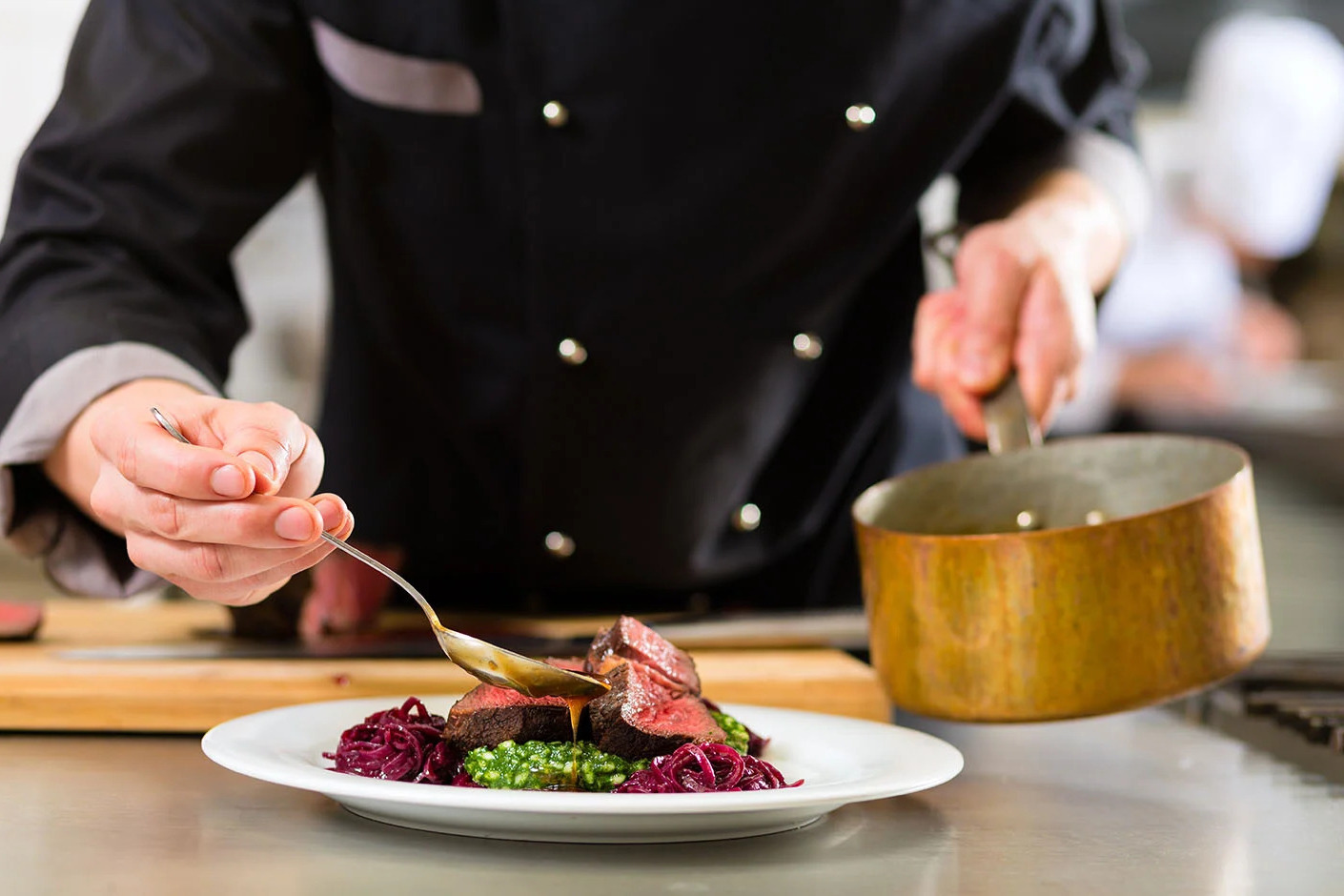
What makes culinary arts so intriguing? It's the blend of creativity, science, and tradition. Imagine transforming simple ingredients into mouth-watering dishes that tell a story. Culinary arts isn't just about cooking; it's about understanding flavors, techniques, and cultures. From the sizzling sound of a hot pan to the aromatic spices wafting through the air, every step in the kitchen is a sensory adventure. Whether you're a home cook or a professional chef, there's always something new to learn. Ready to dive into the world of culinary arts? Let's explore 22 fascinating facts that will spice up your knowledge and maybe even your next meal!
The Origins of Culinary Arts
Culinary arts have a rich history, tracing back to ancient civilizations. Let's explore some fascinating facts about the beginnings of this delicious craft.
- The first known cookbook, "Apicius," was written in the 1st century AD by a Roman gourmet.
- Ancient Egyptians used yeast to bake bread as early as 2600 BC.
- The concept of restaurants originated in China during the Song Dynasty (960-1279 AD).
- French cuisine began to take shape in the Middle Ages, with the establishment of guilds for different types of cooks.
Famous Chefs and Their Contributions
Many chefs have left an indelible mark on the culinary world. Here are some who revolutionized the way we cook and eat.
- Auguste Escoffier, known as the "King of Chefs," modernized French cuisine and created the brigade system in kitchens.
- Julia Child brought French cooking to American households with her book "Mastering the Art of French Cooking."
- Ferran Adrià, a Spanish chef, is famous for his innovative molecular gastronomy techniques.
- Alice Waters pioneered the farm-to-table movement in the United States with her restaurant, Chez Panisse.
Culinary Techniques and Innovations
Cooking techniques have evolved over centuries, leading to the diverse methods we use today. Let's look at some key innovations.
- Sous-vide, a method of cooking food in vacuum-sealed bags at low temperatures, was developed in the 1970s.
- The Maillard reaction, responsible for the browning of food, was discovered by French chemist Louis-Camille Maillard in 1912.
- Molecular gastronomy combines science and cooking to create unique textures and flavors.
- The use of fermentation in cooking dates back thousands of years and is essential for making bread, cheese, and yogurt.
Culinary Traditions Around the World
Every culture has its own culinary traditions, each with unique flavors and techniques. Here are some interesting facts about global cuisines.
- Sushi, a Japanese dish, dates back to the 8th century and originally involved fermenting fish with rice.
- Italian cuisine is known for its regional diversity, with each area having its own specialties.
- Indian cuisine uses a wide variety of spices, with turmeric, cumin, and coriander being staples.
- Mexican cuisine features ingredients like corn, beans, and chili peppers, which have been used since ancient times.
The Science of Taste
Understanding how we perceive flavors can enhance our culinary experiences. Here are some intriguing facts about the science behind taste.
- Humans have five basic tastes: sweet, sour, salty, bitter, and umami.
- Umami, the savory taste, was identified by Japanese scientist Kikunae Ikeda in 1908.
- The sense of smell plays a significant role in how we perceive flavors.
- Taste buds regenerate approximately every two weeks, ensuring our sense of taste remains sharp.
Modern Culinary Trends
The culinary world is constantly evolving, with new trends emerging regularly. Let's explore some of the latest trends shaping the way we eat.
- Plant-based diets are gaining popularity, with more people opting for vegetarian and vegan options.
- Food sustainability is a growing concern, leading to an increase in farm-to-table and zero-waste cooking practices.
Savoring the Last Bite
We've journeyed through some fascinating culinary facts that highlight the rich tapestry of food culture. From the origins of sushi to the surprising history of potatoes, these tidbits offer a glimpse into the world of gastronomy. Knowing these facts can make your next meal more interesting and give you some fun conversation starters.
Food isn't just about sustenance; it's a reflection of history, culture, and innovation. Whether you're a seasoned chef or a curious foodie, these facts can deepen your appreciation for what you eat. So next time you sit down for a meal, remember the stories behind your favorite dishes. It makes every bite a bit more special. Enjoy exploring more about food, and keep satisfying that curiosity!
Was this page helpful?
Our commitment to delivering trustworthy and engaging content is at the heart of what we do. Each fact on our site is contributed by real users like you, bringing a wealth of diverse insights and information. To ensure the highest standards of accuracy and reliability, our dedicated editors meticulously review each submission. This process guarantees that the facts we share are not only fascinating but also credible. Trust in our commitment to quality and authenticity as you explore and learn with us.


